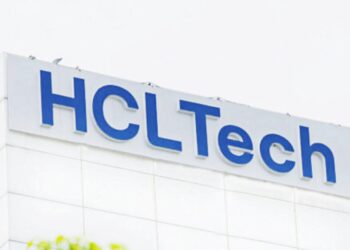Red Hat has released findings from a survey that delves into the strategic priorities of IT managers in Ireland as they prepare to navigate cloud complexities and implement AI strategies over the next 18 months.
The survey, which included 300 IT managers from large organizations (500+ employees), highlights AI and cloud investment intentions and the challenges faced in these domains in Ireland.
An overwhelming 93% of respondents indicated plans to increase cloud technology investments by 2025, with 43% of them targeting growth between 5-20% and 38% aiming for growth by 21-50%.
The primary focus for cloud strategy identified by 71% of surveyed managers is cost optimization, closely followed by cloud-native application development and DevOps, security, and hybrid/multi-cloud strategies, each cited by 67%.
In terms of AI investment, 95% of organizations intend to increase their spending over the forthcoming year. The majority, 42%, plan for increases of 5-20%, while 33% plan to increase their investment by 21-50%, and 19% anticipate to increase it 51%.
The adoption of enterprise open-source solutions for AI, specifically predictive and generative applications, is viewed favorably by all managers surveyed.
The key benefit identified is enhanced agility in hybrid cloud environments (31%), closely followed by improved ecosystem collaboration and integration (30%).
Challenges in Cloud Adoption:
As organizations gear up for cloud investment by 2025, IT managers cited varied strategies: 37% plan to emphasize innovation and emerging technologies, while 31% opt for a balanced approach between new technology and enhancements to existing systems. A further 18% will limit their focus to essential services only.
However, a significant concern looms: 96% of respondents pointed to siloed teams as a major barrier to effective cloud adoption, with 51% reporting frequent encounters with this issue.
The predominant impacts of these silos on cloud strategy include: Increased costs (32%) – Limited control and visibility over cloud resources (32%) – Operational inefficiencies, such as duplicated efforts across teams (30%) – Challenges in leveraging new technologies (26%).
AI Readiness:
When assessing their capacity to leverage AI opportunities, 42% of IT managers indicated that they have scalable and flexible IT platforms equipped to support AI initiatives.
In contrast, 23% possess the necessary infrastructure but lack the requisite skill sets, while 34% require new platforms.
This survey also investigated the determinants of trust in enterprise generative AI models, revealing that transparency with modifiable models and explainable sources (85%), cost-effectiveness (85%), domain-specific functionalities (84%), and adherence to data privacy and security standards (83%) are of utmost importance.
Obstacles impeding the progression of generative AI initiatives include integration challenges with existing systems (30%), data privacy and security concerns (27%), high implementation and maintenance costs (23%), and sustainability issues related to energy consumption (23%).




















